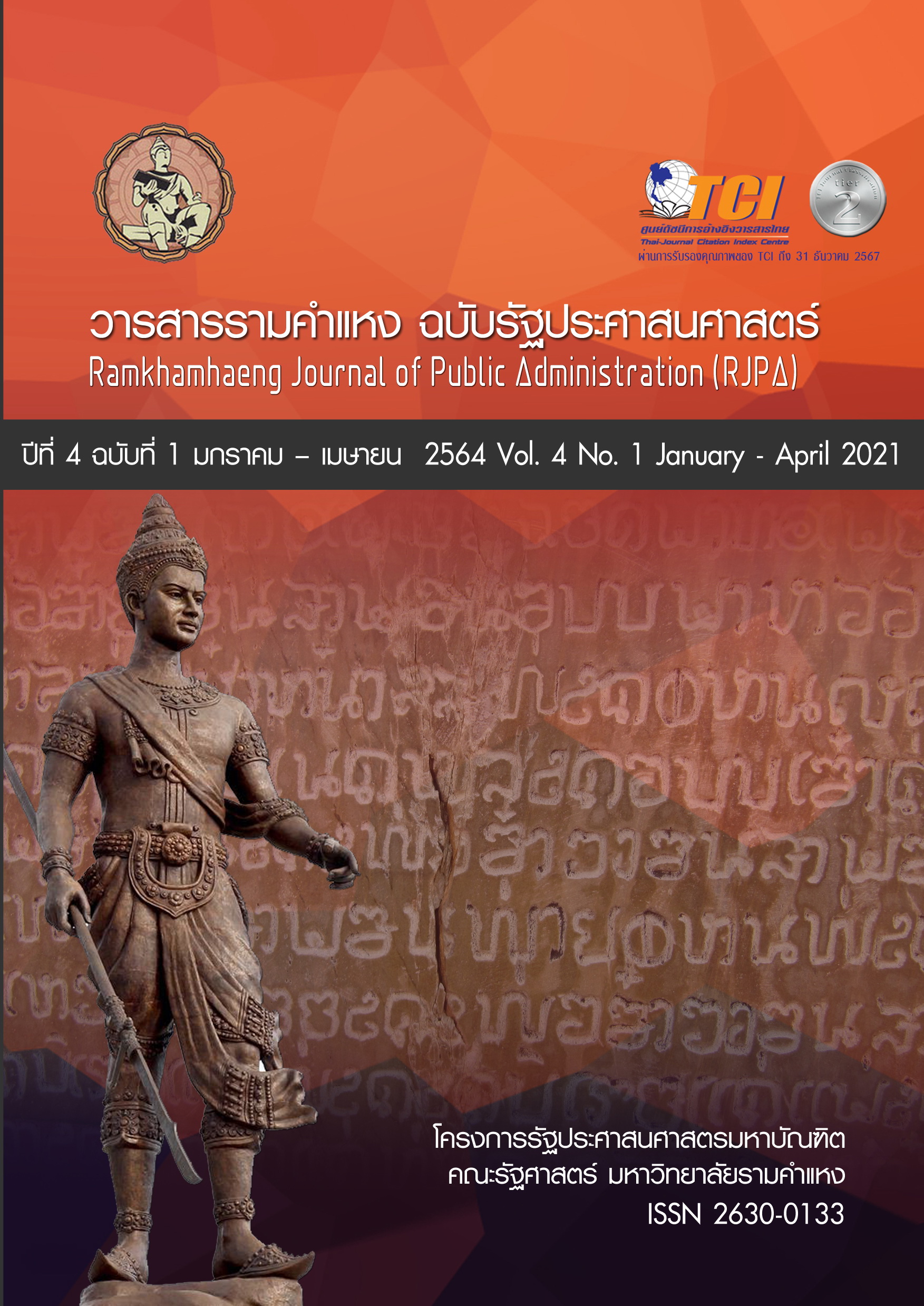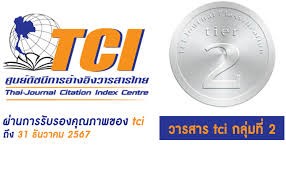การพัฒนาเศรษฐกิจฐานรากด้วยกลไกบริษัทประชารัฐรักสามัคคี (วิสาหกิจเพื่อสังคม) จำกัด (Grassroots economy development by Pracharath Rak Samakky (Social Enterprise) Company Limited)
การบูรณาการเชิงทฤษฎีสู่การปฏิบัติเพื่อลดความเหลื่อมล้ำทางเศรษฐกิจ (Theoretical integration toward policy implementation to reduce economic disparity )
Abstract
บทคัดย่อ
หลังการพัฒนาประเทศมาครบรอบหกสิบปี ประเทศไทยยังประสบปัญหาความเหลื่อมล้ำทางเศรษฐกิจ การกระจายรายได้อย่างไม่เป็นธรรมเกิดจากสมมุติฐานที่ผิดพลาดเกี่ยวกับผลการไหลลงโดยอัตโนมัติที่ถูกนำเสนอโดยนักวิชาการการพัฒนาที่มีชื่อเสียงบางท่านหลังสงครามโลกครั้งที่สอง นโยบายการพัฒนาดังกล่าวถูกนำไปใช้กับประเทศกำลังพัฒนาเป็นส่วนใหญ่รวมทั้งประเทศไทยระหว่างทศวรรษ 1960s ซึ่งถือเป็นทศวรรษแรกของการพัฒนา ในทศวรรษที่สองมีการนำเสนอชุดของยุทธศาสตร์การพัฒนาเพื่อส่งเสริมการเจริญเติบโตพร้อมกับการกระจายรายได้ใหม่ แต่ความพยายามในการเยียวยาความไม่เท่าเทียมกันได้ผลเพียงเล็กน้อย จนกระทั่งถึงทศวรรษที่สามที่แนวคิดเสรีนิยมได้ยึดครองอย่างมั่นคงในนโยบายการพัฒนา โดยมีการเสนอแนวคิดใหม่ที่เรียกว่า “ประชารัฐ” โดยธนาคารโลกและ UNDP แนวคิดนี้ให้ความสำคัญกับการร่วมมือกันระหว่างภาครัฐ (ซึ่งเคยเป็นตัวแสดงหลักมาก่อน) กับภาคเอกชน และภาคประชาชน ในช่วงปลายของทศวรรษที่สี่ แนวคิดเศรษฐกิจสร้างสรรค์และทุนนิยมสร้างสรรค์ได้มีบทบาทสำคัญในการพัฒนาเศรษฐกิจฐานราก แนวทางทั้งสามนี้เป็นรูปธรรมมากขึ้นในการขับเคลื่อนเศรษฐกิจฐานรากนับแต่ พ.ศ. 2559 ที่มีการก่อตั้งบริษัทแม่และบริษัทลูกอีก 76 จังหวัดภายใต้ชื่อ “บริษัทประชารัฐรักสามัคคี” ในรูปแบบของวิสาหกิจเพื่อสังคม เพื่อเป็นพี่เลี้ยงให้กับผู้ประกอบการในชุมชนทางด้านการเกษตร การแปรรูปสินค้า และการท่องเที่ยว วิสาหกิจเพื่อสังคมเหล่านี้ประสบความสำเร็จในการสร้างผลิตภัณฑ์ที่เป็นนวัตกรรมของท้องถิ่นและเพิ่มรายได้ของผู้ที่เข้าร่วมในโครงการนี้
Abstract
After six decades of development, Thailand still faces economic disparity. Such impaired distribution of income arose from a false hypothesis of automatically trickle-down effects suggested by some renowned economists after WW II. Such policy was applied to most developing countries including Thailand during 1960s which was considered as the 1st development decade. In the 2nd decade, a package of developmental strategies was introduced to enhance growth and redistribution, but such efforts to cure the imparity proved little progress. Not until the 3rd decade that neo-liberalism held a firm seat in development policy, from which a new concept of “governance” was introduced by World Bank and UNDP. This highlights the cooperation among the state actor, formerly a main actor in developing countries, the private actor, and the people actor. At the late of 4th decade, creative economy and creative capitalism played vital roles in shaping grassroots economy development. All these three approaches have become more practical in driving grassroots economy since 2016, from which a holding company and its subsidiaries in 76 provinces, named Pracharath Rak Samakky, were formed. This “social enterprise model” is aimed at mentoring community entrepreneurs in agriculture, manufacture, and tourism. These social enterprises have been successful in generating locally made innovative products and elevating the income of those who joined the project.




 Publication Policy (นโยบายการตีพิมพ์บทความ)
Publication Policy (นโยบายการตีพิมพ์บทความ) Publication Ethics (จริยธรรมการตีพิมพ์บทความ)
Publication Ethics (จริยธรรมการตีพิมพ์บทความ)